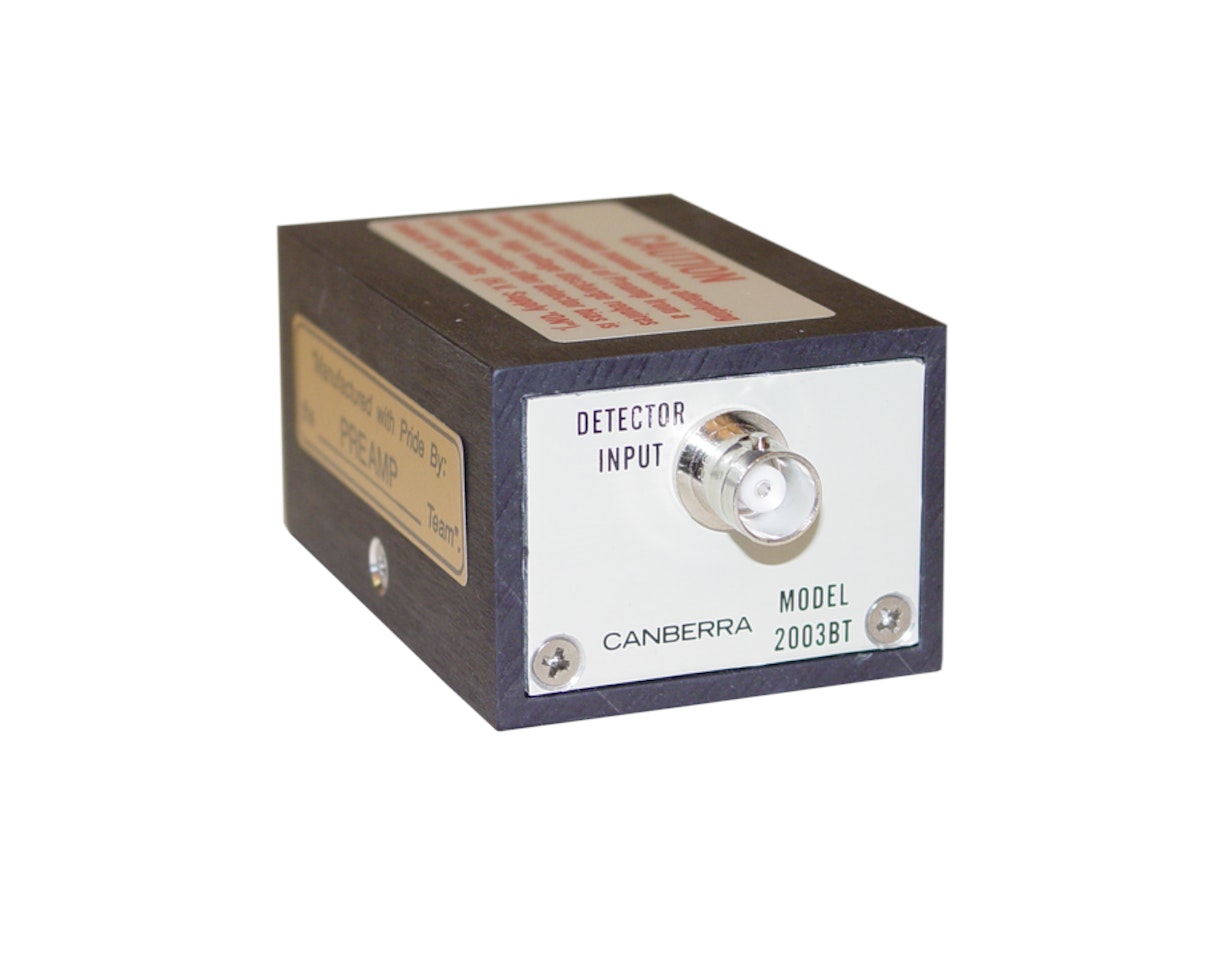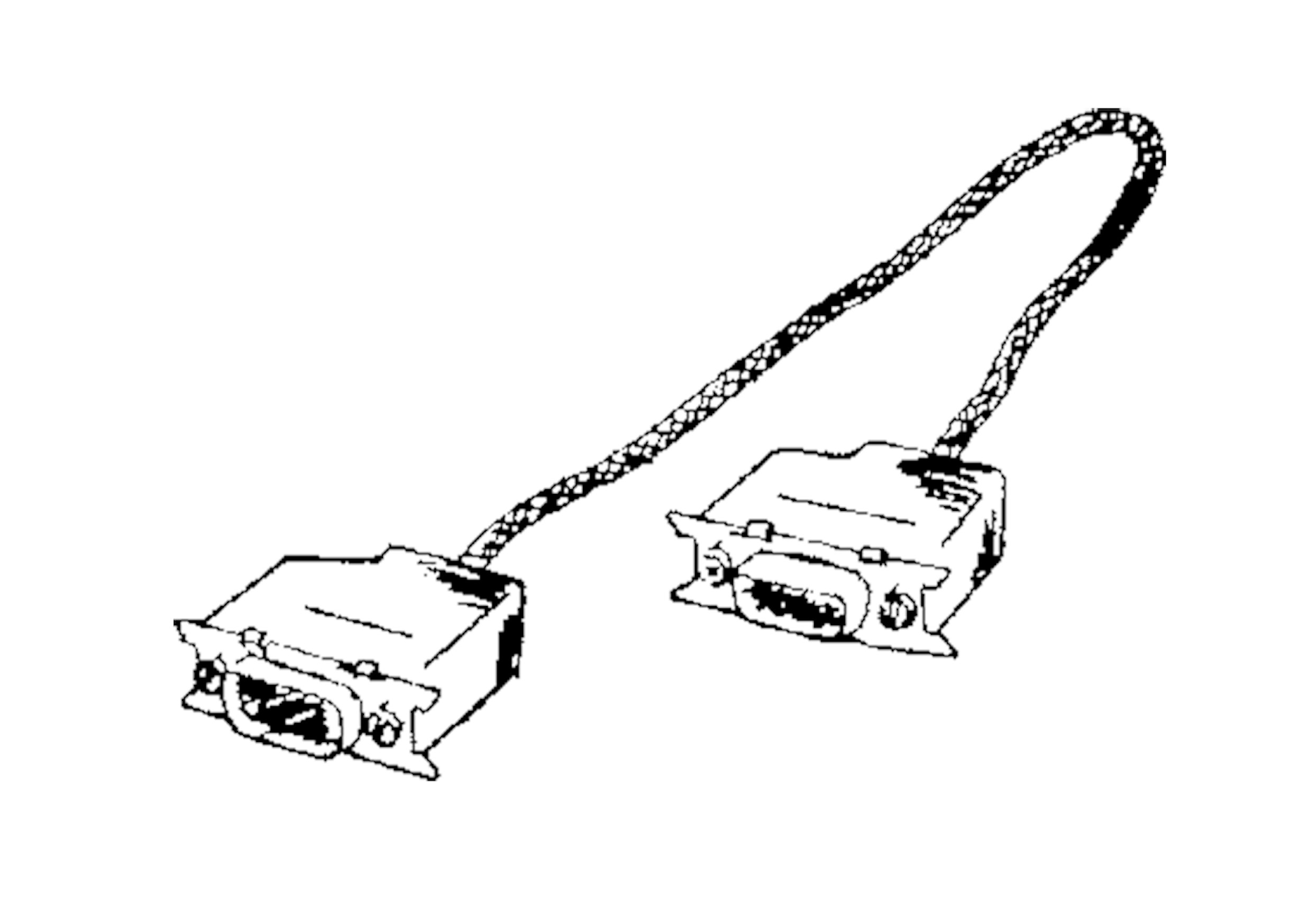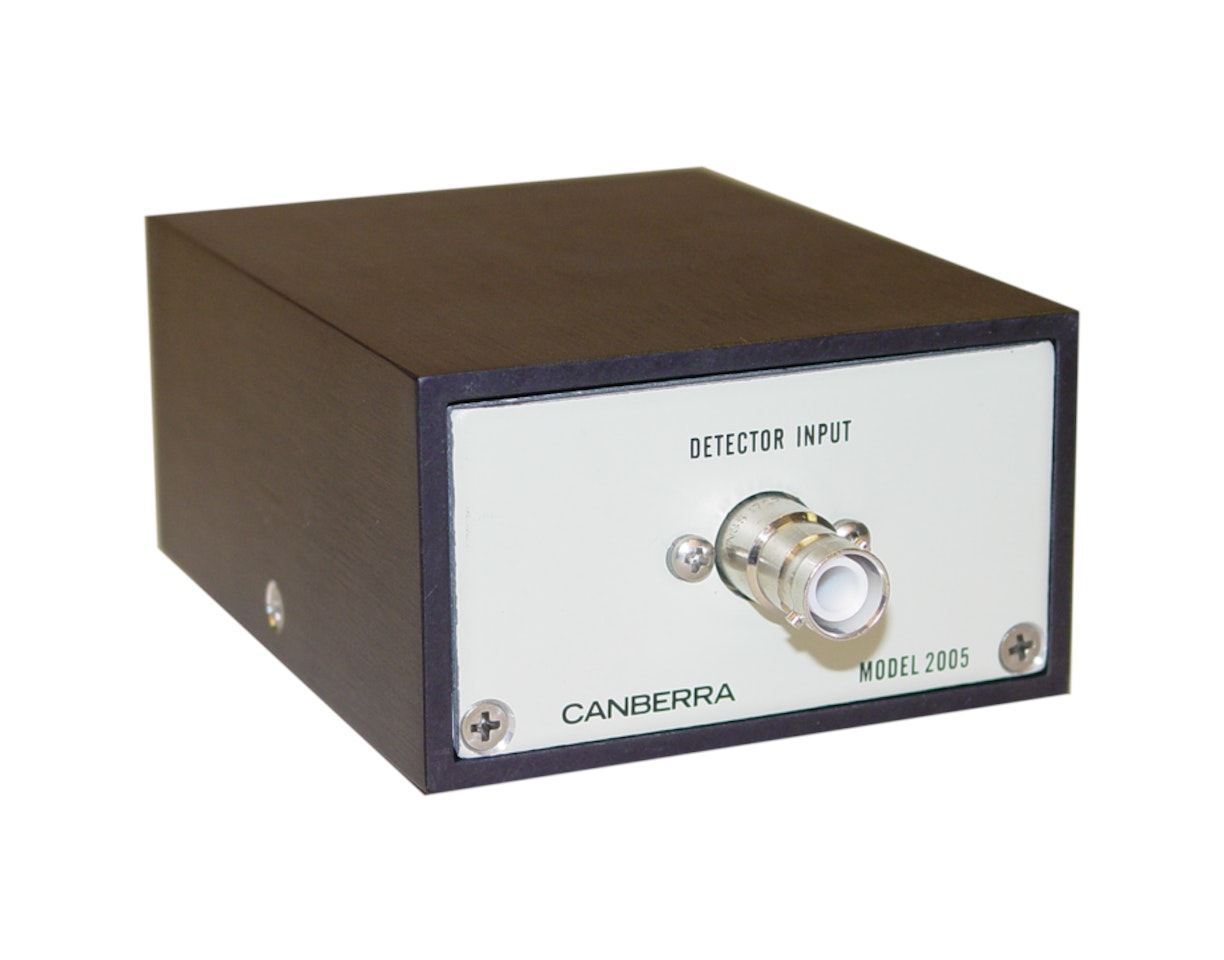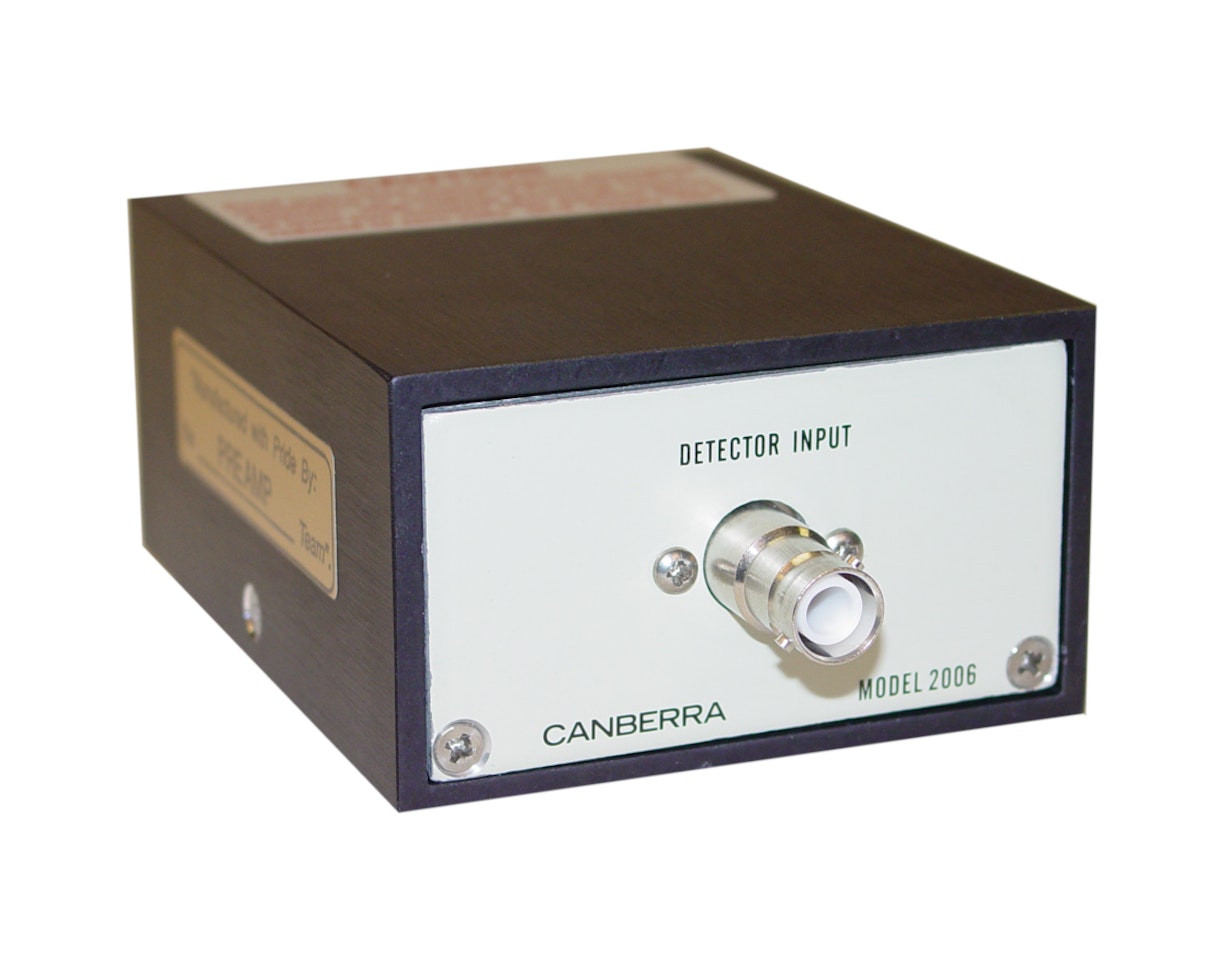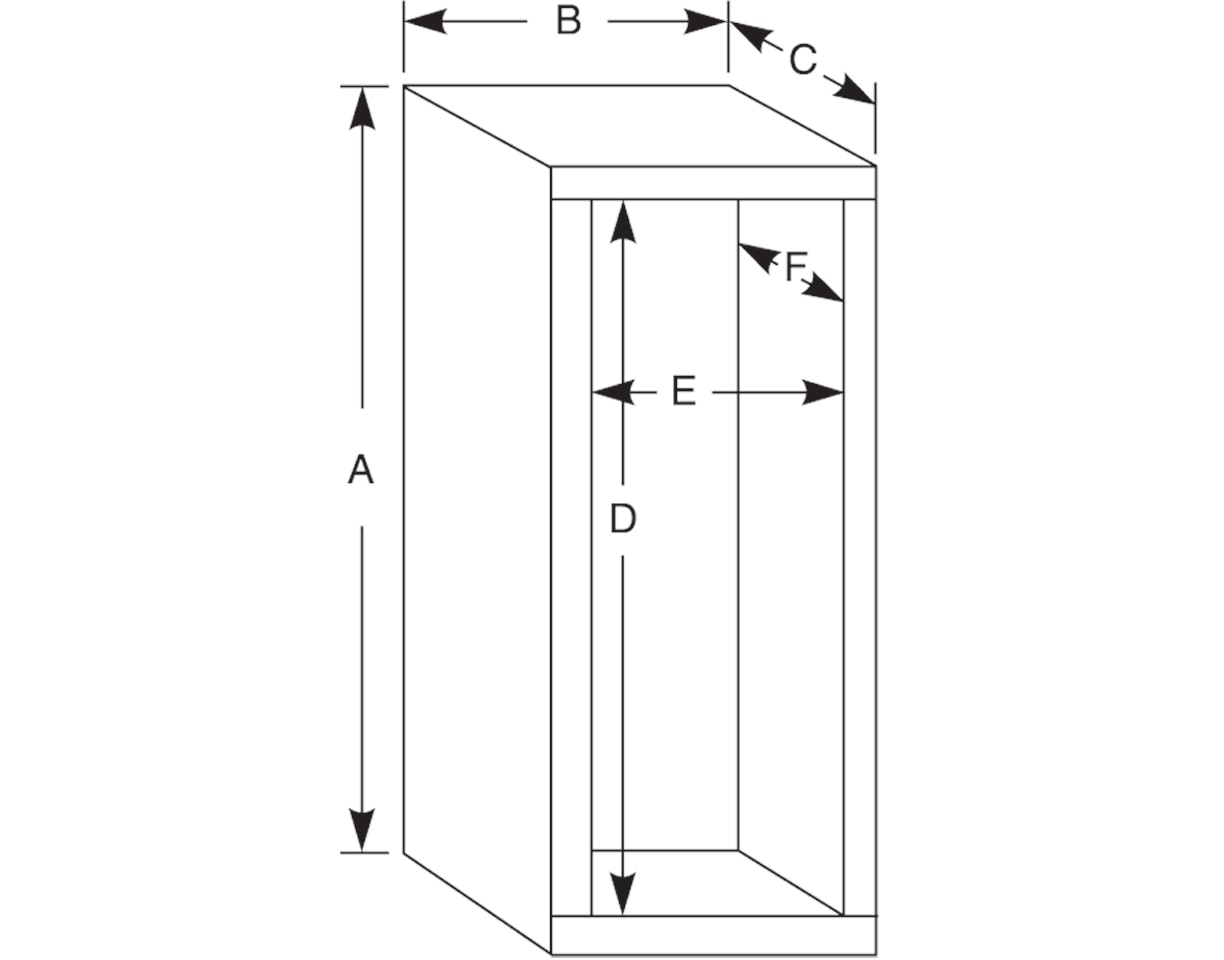Description
High resolution spectroscopy systems require several connections involving the preamp, bias supply and spectroscopy amplifier.
Under normal operating conditions this does not present a problem, and optimal performance is achieved.
However, in some applications these interconnections are extraordinary in terms of length, routing or environment. Under such conditions systems are susceptible to oscillations or noise due to ground loops and to EMI (electromagnetic interference) from sources such as raster displays, power supplies, computers, etc. This noise interference will degrade the performance of most high resolution detector systems.
Mirion has several accessories which minimize these problems without affecting cable lengths, routing or system configuration.
An application note entitled "System Considerations with High Resolution Detectors" will be provided when any of the Detector System Loop-Buster Accessories are ordered. The application note is also an integral part of the Germanium Detectors User Manual.
The following units are available individually from our Loop-Buster tool kit.
LB1500
Cable Transformer - 93 Ω BNC cable with ferrite core to reduce high frequency interference. Use between preamplifier and amplifier.
LB1502
Schottky Clamp Box - Prevents oscilloscope overload when using high sensitivity settings for precise P/Z adjustments.
LB1501-X
Ground Loop Eliminator (GLE) Preamp Power Cable - Preamp power cable with diode interrupted ground to eliminate ground loop. X=length (10 ft or 15 ft are standard).
LB1503
Bias Isolation Box - Provides resistive isolation of ground circuit between high voltage power supply and preamp to reduce ground loop induced noise.
LB1504
The LB1504 Ground Isolation Box is used to mitigate performance degradation that might result from ground loops associated with AC mains connections that result in EMI noise pickup.
The Ground Isolation Box includes a choke connected between the input and output earth (safety) grounds. Due to the nature of inductance, the input/output ground remains low impedance for DC and low frequencies, so the integrity of the safety ground is maintained. At the higher frequencies associated with noise, the impedance increases making potential ground loops less susceptible to noise coupling and pickup.
